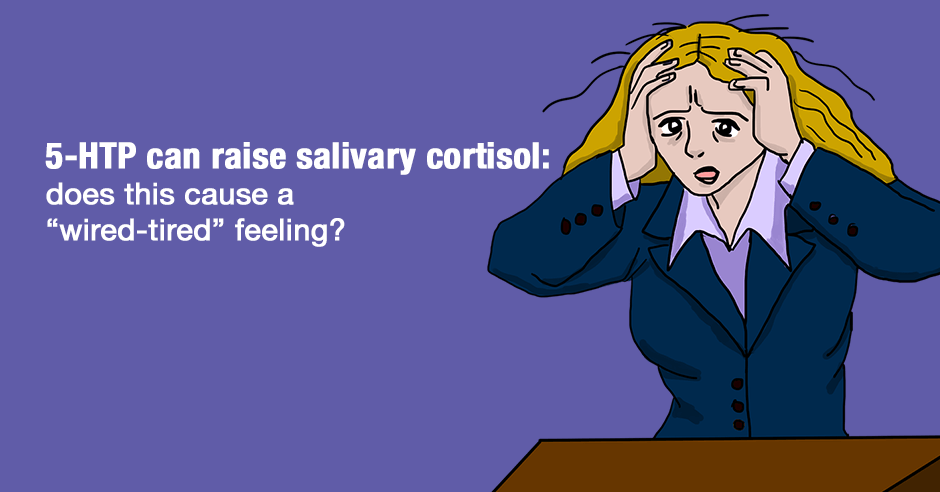
A newly qualified nutritionist posted wonderful feedback on a blog post on imposter syndrome and low serotonin with tryptophan as one possible solution. She shared how neurotransmitter support with tryptophan, tyrosine and GABA was her solution, eliminating her imposter syndrome and social awkwardness in 2 weeks. Here is the feedback Yo shared on the blog:
Thanks for your work on neurotransmitters, Trudy. I am a fan. I had suffered BADLY from imposter syndrome at the end of my nutrition degree and I felt socially awkward in so many outings and situations. My anxiety and stress were through the roof! VERY bad sleep, stressed and my digestion was very poor.
Fast forward to a year later after addressing my sleep (no. 1 priority); stress levels; diet; loads of minerals; vitamin supplementation – my health started to shift for the better, but I still had the imposter syndrome hanging over my head.
What really tipped the balance was the supplementation of tyrosine, tryptophan & GABA. The imposter syndrome seemed to have vanished within two weeks. And it was in your blogs that had pointed out clues to the amino acids I was needing to supplement.
I feel like the person I’m supposed to become and I can’t thank you enough for the amazing work you’ve been doing. I will definitely be following your journey, learning more about these neurotransmitters, and sharing this information so that others can benefit from it. Thank you, thank you!
I thanked Yo for her kind words and for sharing this wonderful outcome. I always say we all deserve to feel our absolute best so I love that she says “I feel like the person I’m supposed to become”!
Addressing neurotransmitter imbalances with targeted amino acids
I also congratulated her on doing the foundational work first. As she discovered, even with all that in place, we often still have to address neurotransmitter imbalances with targeted amino acids too. With regards to imposter syndrome and the amino acids she used:
- Using tryptophan to address low serotonin eases worry, rumination, anxiety, negative self-talk, self-doubt and and not feeling capable – all of which we’d typically associate with imposter syndrome
- Using tyrosine to address low dopamine results in more motivation and better focus so you are more likely to finish tasks (and therefore feel more confident and capable). Many folks report a feeling of calm focus with tyrosine too
- Using GABA to address low GABA eases physical tension and overwhelm and helps stop unwanted thoughts.
A 2-week turnaround is fabulous and means she found the right combination of amino acids and ideal doses for her unique needs right away. I’ve seen results like this in 2 weeks but doing a new amino acid trial each week would usually take at least 3 weeks. I suspect her results were so fast because of the foundational work that was in place.
I typically start with amino acids trials on day one of working with someone, while we are working on diet, sleep, stress – this would have led to her feeling like the person she was meant to become much sooner and would have helped with sleep, stress and dietary changes too. Her approach worked but it took longer to get results.
Questions I still have about the amino acid trials
I have these questions I posed to Yo and hope to hear back as I feel these answers may be helpful as you navigate your own challenges with imposter syndrome:
- Did she do a trial of one amino acid at a time (my preferred approach so you know exactly what effects each one has)?
- Or did she start taking all 3 amino acids at once and why?
- What doses were ideal for her unique needs and how quickly did she find the ideal doses
- Is she continuing with a maintenance dose?
- Also, since she mentioned social awkwardness I have to wonder if the pyroluria protocol would be of added value (if any of the social awkwardness still remains)? This protocol helps to make neurotransmitters.
I’ll report back once I get Yo’s feedback.
If you’re new to imposter syndrome
If you’re new to imposter syndrome, here is a definition from Intellectual Self-doubt and How to Get Out of It:
People with imposter syndrome often feel like they are not as capable or adequate as others perceive or evaluate them to be. The signs and symptoms are feelings of phoniness, self-doubt, and inability to take credit for one’s accomplishments. It is a form of intellectual self-doubt. Those with imposter syndrome are often intelligent and high achievers – like many academics, pharmacists, and professional students. On one hand, imposter syndrome provides motivation to persevere. On the other hand, you over prepare and overwork.
This author shares a link to the Clance Imposter Scale. This is a self-assessment of imposter syndrome, developed by Dr. Pauline Rose Clance and Dr. Suzanne Imes (who worked together and coined the term “Impostor Phenomenon”.).
This paper reports that
Imposter syndrome is common among early career nurse researchers and often has a considerable impact on those affected. It can cause various problems, including anxiety, self-doubt and feelings of inadequacy, and therefore has significant potential to adversely affect personal and professional development.
You can also read more about imposter syndrome on my previous blog post on this topic – Imposter syndrome and low serotonin: is tryptophan the solution? and the Harvard Business review definition:
Imposter syndrome can be defined as a collection of feelings of inadequacy that persist despite evident success. ‘Imposters’ suffer from chronic self-doubt and a sense of intellectual fraudulence that override any feelings of success or external proof of their competence.
The numbers of papers on imposter syndrome are increasing but there is still no mention of biochemistry or neurotransmitters so these amino acid success stories are adding to the body of knowledge. (I would love to get them published as case studies so if you can help please do let me know.)
I love hearing life-changing stories like this and I am sharing it here to inspire and offer hope! I also love that Yo is such a fan now and wants to pay it forward by sharing this information with clients so I also shared my amino acid practitioner training.
Is imposter syndrome new to you? And is this concept of addressing imposter syndrome with amino acids new to you? If you have a question we would appreciate hearing:
#1 How you describe your imposter syndrome and how it impacts your life
#2 How you score on the Clance Imposter Scale (and which aspects bother you the most)
#3 What symptoms you have on the Amino Acid Questionnaire in the low serotonin, low catecholamine and low GABA sections.
If you already know about imposter syndrome and have found a solution with the amino acids please do share your success story so we can all learn from each other, as well as inspire and offer hope. We would appreciate hearing:
#A How you described your imposter syndrome and how it impacted your life
#B How you scored on the Clance Imposter Scale before and after using amino acids (and which aspects bothered you the most)
#C What symptoms you had on the Amino Acid Questionnaire in the low serotonin, low catecholamine and low GABA sections (before and after using the amino acids)
#D Which amino acids were most helpful and how much of each amino acid helped you
#E If you’ve also had CBT (cognitive behavior therapy) and how it helped too
(if you feel more comfortable sharing some of this anonymously feel free to use a nickname or your initials only when commenting – I’m aware that there is a stigma to admitting this in the corporate world, as a health professional and as an entrepreneur)
Feel free to post your questions and feedback in the comments below.

